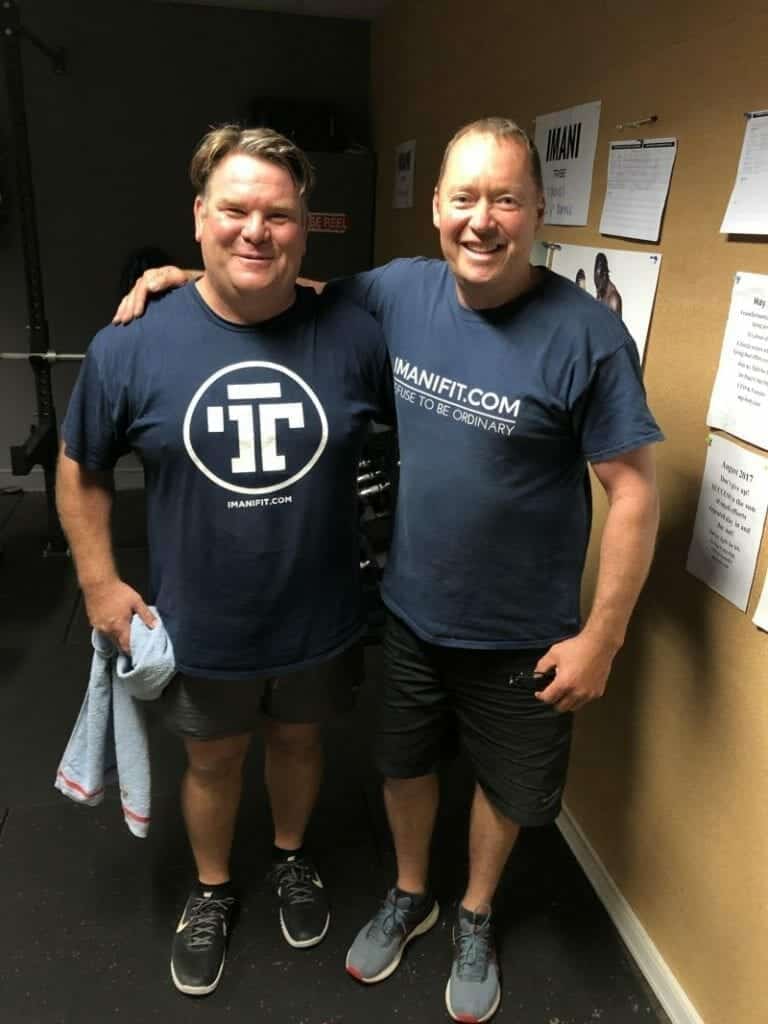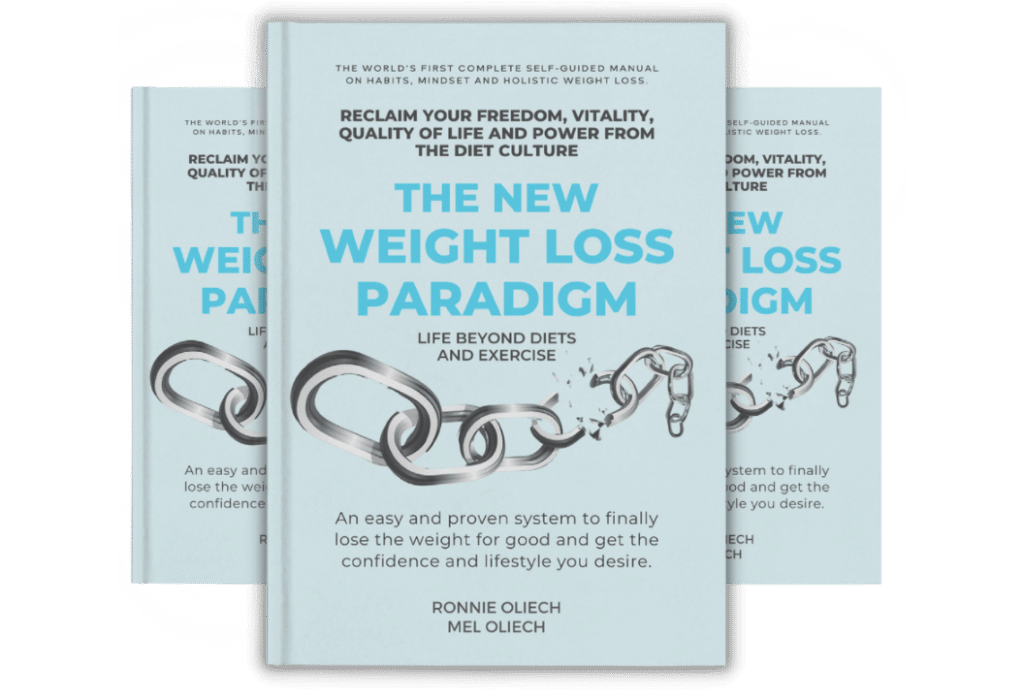We all have habits —some of them good, and some not so good. But did you know that most of your habits stem from one keystone habit?
What’s a keystone habit? Well first, let’s look at what a habit is.
Habits explained
Habits are simply subconscious routines of behaviour that are repeated regularly. Most of our life is dictated by our habits, whether we like it or not. We brush our teeth after breakfast and before we go to bed. We automatically put our seatbelt on in the car. We eat something sweet with our mid-morning cuppa. We have a glass of wine when we get home from work.
Habits start out as conscious choices, but then turn into automatic behaviours — things we do without even thinking about them, and in some cases, even being aware of them.
Habits work in a loop. Firstly, there is a cue, which triggers a routine, which results in a reward.
The cue is something that triggers your brain to go on automatic pilot and into a certain routine. This routine may be a mental one (i.e. thoughts, emotional response) or a physical act. What follows is the reward. In every behaviour, there is a reward of some kind. In other words, you get something out of engaging in a particular behaviour.
Habits are the most powerful things that control our lives.
What’s a keystone habit?
A keystone habit is one that leads to the development of multiple habits. These habits can either serve you, or sabotage you. To help explain, let’s look at two keystone habits for weight loss — one that leads to sabotaging habits and one that leads to successful habits.
Keystone habit: Perfectionism
Habits that come out of perfectionism include:
- Believing that what you do is never enough
- Taking an all-or-nothing approach
- Fixating on the end result, instead of working at the steps you need to get there
- Focusing on what you haven’t achieved instead of what you have achieved
- Never giving yourself credit
- Continually feeling stressed because you’re trying to get everything ‘right’
- Never trying anything new in case you can’t do it
- Doing everything yourself instead of delegating, because you don’t trust others
- Keeping everyone happy because you’re afraid you’ll be judged
- Taking constructive criticism personally
- Being unable to reach out for help because you feel ‘you should already know’
- Trying to do too many things at once and becoming overwhelmed or burnt out
- Always wanting to do more — more exercise and more dieting
- Going to bed late because you’re constantly ‘doing things’
- Not taking the time to rest.
Keystone habit: Aiming for excellence
Habits that come out of aiming for excellence include:
- Always putting in your best effort, and recognising that this changes according to your circumstances
- Focusing on doing one thing well, instead of trying to do too many things at once
- Recognising that even small progress is still progress
- Celebrating that progress
- Focusing on daily effort to reach your goals
- Understanding that to do your best, you need to look after yourself
- Nourishing yourself with good food, so you have energy to give your best
- Ensuring you get enough sleep so you can function optimally
- Being teachable and willing to see constructive criticism as helpful
- Being willing to try and learn new things
- Understanding that rest and recovery is important
- Dropping your pride and asking for help when you need it.
Do you see the difference in the above two habits, and how they help determine your weight loss success?
How keystone habits control you
Keystone habits control your life because they produce a trickle-down effect. The key habit you have, will lead you to engage in lots of other habits. If your keystone habit is one that sabotages your efforts, then all the daily actions you take, without even thinking about them, will also sabotage your success.
On the other hand, if you develop a keystone habit that primes you for success, then all the habits that flow from that will also help propel you to success.
How to change your keystone habit
So what do you do if your keystone habit is actually preventing you from getting the weight loss or body shape results you want?
The secret is to work on replacing that habit with a new one, rather than breaking it.
Replacing a habit involves looking at your cue, understanding your routine, and recognising the reward you receive for that behavior.
The secret to replacing one habit for another, is to change your routine. You won’t always be able to change the cue or trigger, but you can change the routine. This will then lead to a change in habit.
For example, in the case of the perfectionist:
They weigh themselves and see the scales have gone up (cue). This triggers thoughts of ‘I can’t do this. It’s too hard. What’s the point’ and so they binge eat or give up (routine). The reward in this routine is short-term comfort and not having to face their reality, and so they repeat the behavior.
Someone who focuses on excellence however may do this:
They weigh themselves and see the scales have gone up (cue). They ask themselves if they are putting in their best effort. If they are, they congratulate themselves and know that weight loss will happen eventually. If they can improve their effort, they make a plan on how to do this (routine). The reward is feeling positive, and understanding that they are making progress, which they celebrate.
Let us help you change your keystone habit
We understand the power of keystone habits, which is why we focus on them first and foremost, when helping our clients achieve their weight loss and body shape goals. Habits are our most powerful tool, which can either work for us or against us.
The key in developing habits that work for you is accountability. We help our clients be accountable for their habits by helping them replace negative habits with positive ones. We do this by giving them strategies to change their regular routines and develop new ones. Because we know that once someone has habits that prime them for success, there is no holding them back.
If you need help changing your keystone habit into one that will help you achieve your goals, what are you waiting for?


















